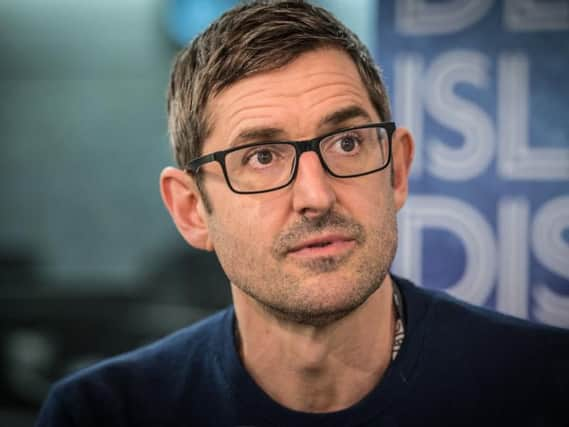TV industry 'skewed' towards private education


Ofcom's third annual Diversity and Equal Opportunities in Television report, which examines the social and economic background of the television industry, found that people working in television are twice as likely than the average person to have attended private schools and to have grown up in a family where one wage earner held a professional occupation.
Disabled people also remain under-represented in the sector, with no improvement since last year, while women remain underrepresented at senior level. The proportion of industry employees who define themselves as disabled remains at six per cent – still far below the UK working-age average of 18 per cent. Of the five main broadcasters, Channel 4 and the BBC have the highest representation of disabled people at 11 per cent and 10 per cent respectively, followed by Viacom, ITV and Sky, which had just three per cent.
Advertisement
Hide AdAdvertisement
Hide AdThe study is the first time the educational backgrounds of TV employees has been studied.
Fourteen major broadcasters – including the BBC, Channel 4 and Viacom, which owns Channel 5 – provided Ofcom with initial information on the social and economic diversity of their organisations. This included the type of schools attended by industry employees, and the occupations and qualifications held by their parents when they were growing up. The study allowed Ofcom to draw an initial picture of social diversity in UK television, based on responses from 10,188 industry employees – or around 30 per cent of the UK-based television workforce.
Sharon White, Ofcom’s chief executive, said: “We want a TV industry where differences are celebrated, and the door is open to all. But the evidence shows that the dial towards full inclusivity is not shifting quickly enough, and we cannot allow progress to stall.
“Broadcasters must redouble their efforts to understand their workforces, examine what is working, and strive harder to attract the most talented people into television – whatever their characteristics or backgrounds.”
The proportion of women in the television industry has fallen to 45 per cent, short of the 47 per cent across the UK’s working population. The proportion of women in senior management roles has not risen significantly, moving from 41 per cent to 42 per cent. Men over the age of 50 are still more likely to be employed in television than women of the same age.
Ofcom is calling on the television industry to further narrow the gaps in diversity information, including on social mobility; materially improve representation of disabled people through targeted recruitment and career development programmes; work to ensure their workforce is more reflective of the working population of the area where they are based and work with Ofcom and other broadcasters to discuss new and creative ways of promoting equal opportunity - all by 2020.
The research helps Ofcom meet its legal duty, set by Parliament, to promote equality of employment opportunity in the broadcasting sector.